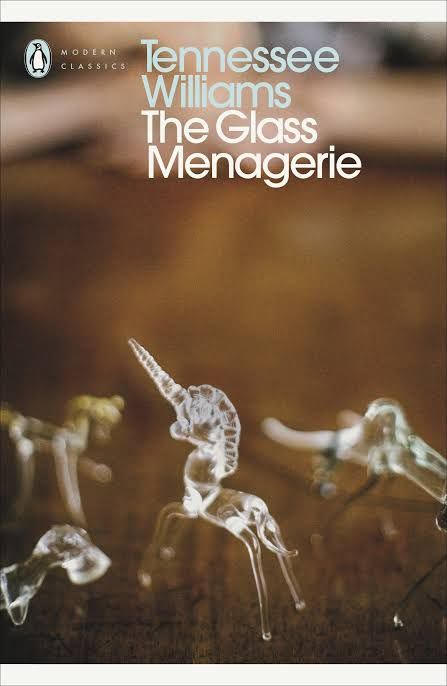American Dream In The Glass Menagerie
Jun 29, 2019 • 7505 views

The Glass Menagerie is a play written by Tennessee Williams and revised in 1944 for screenplay. The story is about middle-class Wingfield family of South America living in "hive like conglomeration of cellular living units", set in the times after the Great depression. It highlights the emerging capitalism and urbanisation leading to deterioration of "The American Dream". Tom, the narrator (son), Amanda (mother), Laura (daughter), and Jim (gentleman caller) all grapple with the materialistic society in their own way to achieve their own American dream.
America "rode high on the waves of property during the early decades of the twentieth century, it sank with the heat economic depression in 1929". People lost their jobs, America was poverty-stricken. Till 1940s people were oriented towards the idea of progress, carrying the impact of depression. In The Glass Menagerie Roger B. Hein sees in the allusion to the Depression and impending war a note of social disaster that runs throughout the drama fixing the lives of individuals against the larger canvas. The progress has the sole motto of earning the money with distorted understanding of 'The American Dream'.
The term 'The American Dream' was coined by James Truslow Adams in his 'The Epic of America' published in 1931. It refers to a life which "should be better and richer and fuller for everyone, with opportunity for each according to ability of achievement" regardless of social class based on the circumstances of birth. A person was expected to work hard in the field of his choice to progress as Fitzgerald says in 'The crack up'- "Life was something you dominated if you were any good". But, due to the great depression in the economy people sorted a race to acquire job to earn money, whether they like the job or not. In The Wingfield apartment, all the members try to strike the chord with progressive America carrying the vestiges of American dream , which is indeed hollow.
Amanda, bourgeois "martyr mother" belongs to fundamentally enslaved section of American society. She sells subscription for Home maker's companion and demonstrate brassieres to earn money. She "was not prepared for what future brought her". She chose a telephone man instead of rich planters with the vivacity of liberty offered by American democracy, but he leaves her alone with two children. The new America is "no place for Laura within the rhetoric of 'progress' in which she will always be a misfit, she must therefore retreat to her world of glass animals !!".
Jim, a 'realist character', 'emissary from the world of reality' is a foil to all three characters who fail to comply with 'wasty' progress. He is an 'ambitious man' doing radio engineering as it the future of America and public speaking to get an executive job and to acquire 'social poise' which makes him different from every other warehouse worker. Anand Prakash says "Jim is a carrier of the values that the shallow bourgeois aspirant cherishes in our time". He was a hero in his school days and expected to arrive at nothing short of the white house by the time he was thirty but capitalist society had other criterion for progress and he ends up doing a job like Tom. He thinks of himself to be a psychoanalyst 'that makes profession'. He wanted to reach to the success which comes "abruptly into the lives of Americans". On 'The Catastrophe of Success' Williams writes "luxury is the way at the door and that the fangs of this wolf are all the little varieties and conceits and laxity that success is heir to.''
The Wingfield family represents other middle-class families struggling to live in conglomeration with no escape. Every member rejects the capitalist society and lives a life "fraught with the collapse of the American dream".
